A New Era of Transparency in Law Enforcement
In a significant move towards enhancing government transparency, a state appeals court has recently ruled that the public has a right to access at least some of the Drone Video footage captured by the Chula Vista Police Department (CVPD).
This ruling marks a pivotal moment in the ongoing debate over the balance between public security, privacy, and transparency.
Chula Vista’s Drone Program Under Scrutiny
The CVPD’s drone program, initiated in 2018, gained national attention when it received authorization from the Federal Aviation Administration (FAA) to launch drones anywhere within the city.
The department claims its drones have contributed to over 18,000 call responses and assisted in more than 2,400 arrests, often arriving faster than patrol units and aiding in de-escalating situations.
The Clash Over Drone Footage Access
The conflict arose when Art Castanares, publisher of San Diego’s Spanish language newspaper La Prensa, requested a month’s worth of drone footage from the CVPD, excluding any material related to ongoing police investigations.
His request was denied, prompting a lawsuit. Castanares contended that the CVPD, which reportedly has over 8,000 drone videos, refused to release any footage to the public, claiming that all drone videos were investigatory records and thus exempt from public disclosure.
The Court’s Decision: A Victory for Transparency
The state appeals court, however, disagreed with the CVPD’s blanket policy. It ruled that while some police drone footage might indeed be exempt due to its investigatory nature, not all of it could be withheld from public access.
This decision is seen as a triumph for government transparency and individual privacy rights, given the potential of drones to infringe on personal privacy in unprecedented ways.
Broader Implications and Community Concerns
The ruling is particularly significant for community members like immigration activist Pedro Rios, who has been aiding migrants near the U.S.-Mexico border.
Rios, a Chula Vista resident, expresses concerns about the extent of drone surveillance and the sharing of footage with agencies like Border Patrol and ICE, according to NBC San Diego.
He underscores the need for scrutiny over the police department’s surveillance program, which the court ruling now makes possible.
The Future of Police Transparency
This landmark decision could potentially change the landscape of public access to various types of police records, extending beyond drone footage.
The City of Chula Vista is currently assessing the ruling to determine its next steps, while many police agencies that have used the investigatory record exemption to seal records might now face increased calls for transparency.
This case not only sheds light on a previously opaque police program but also sets a precedent for the public’s right to know in the era of advanced surveillance technology.
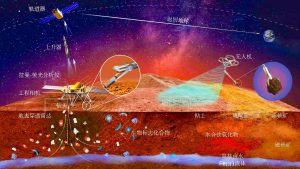

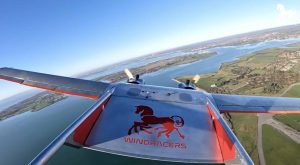
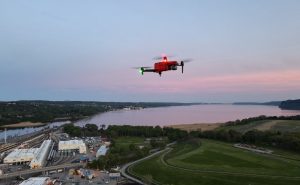
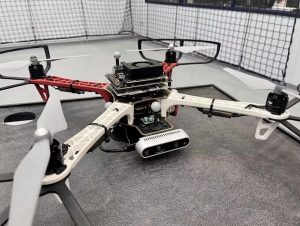

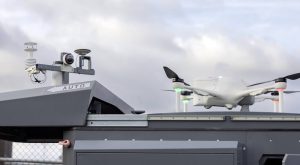


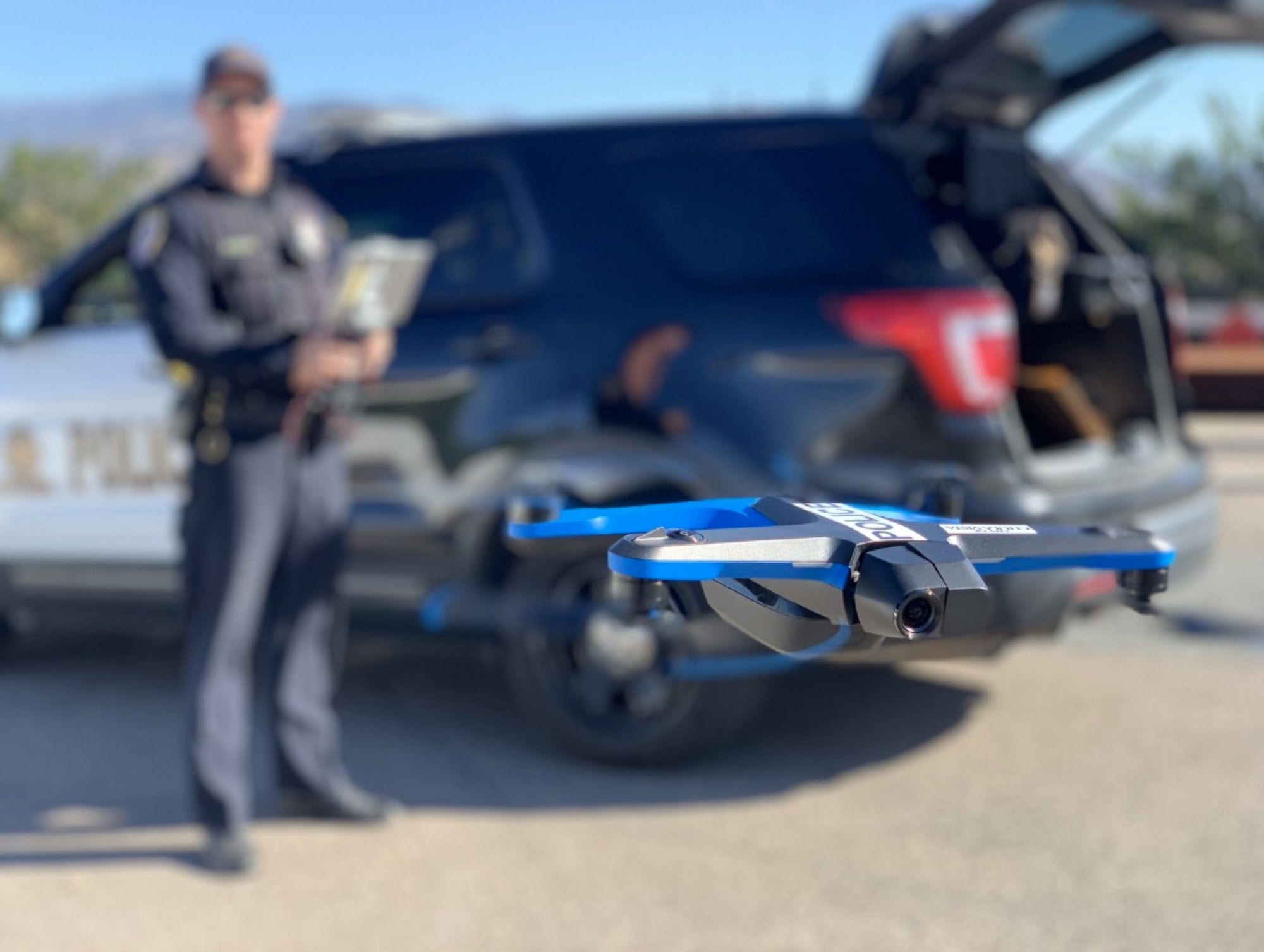


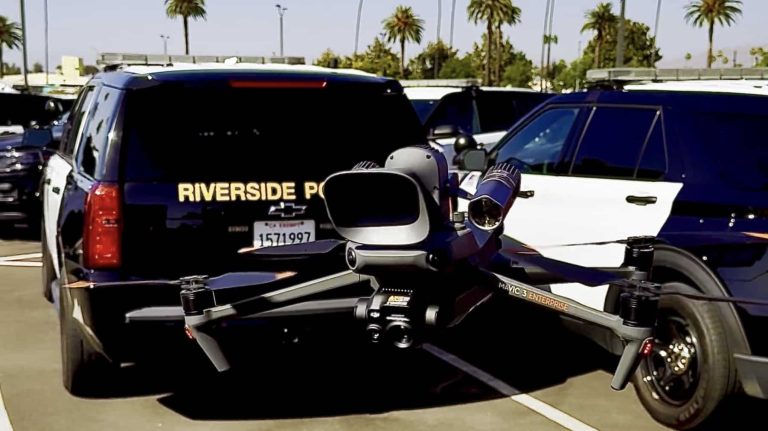
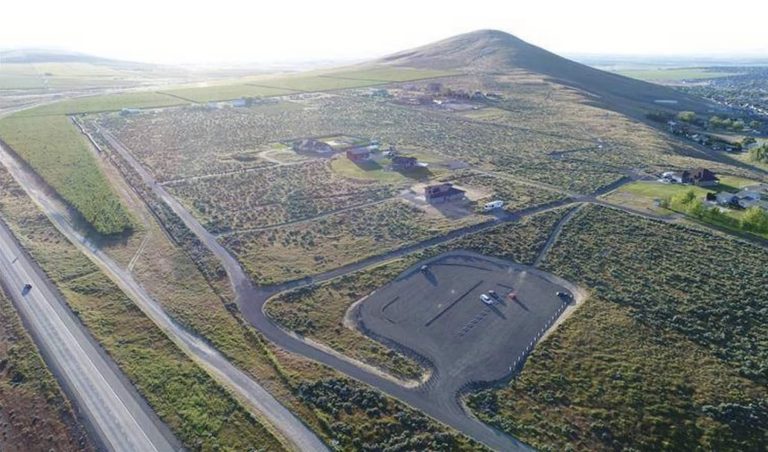
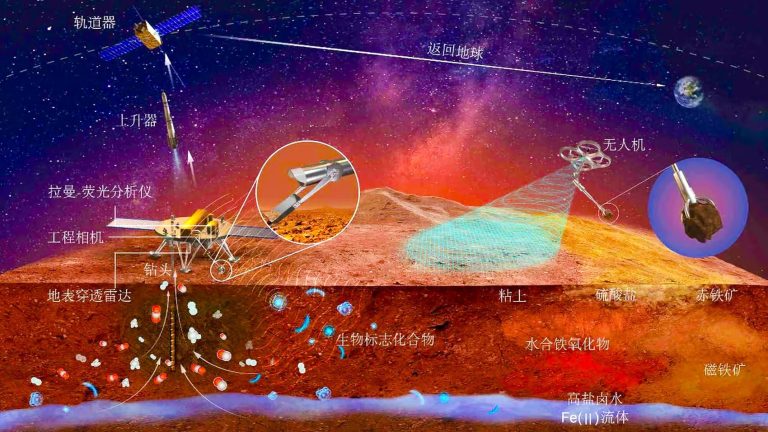

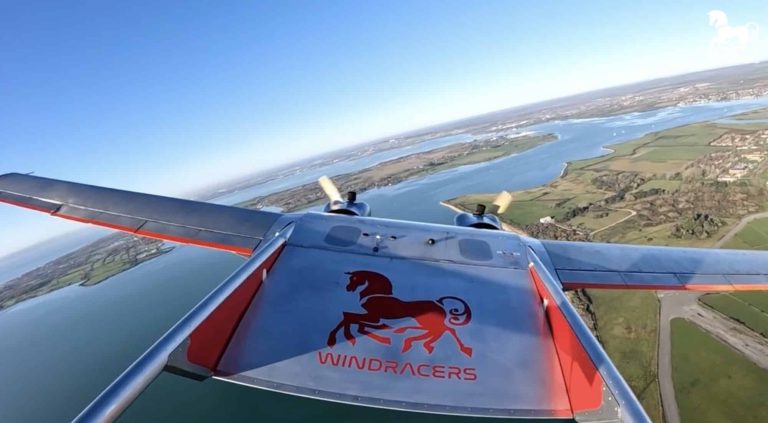
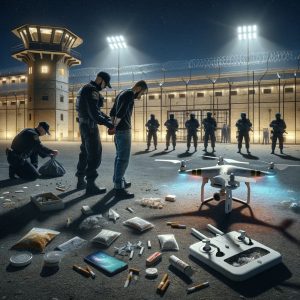
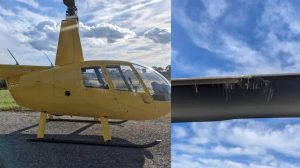
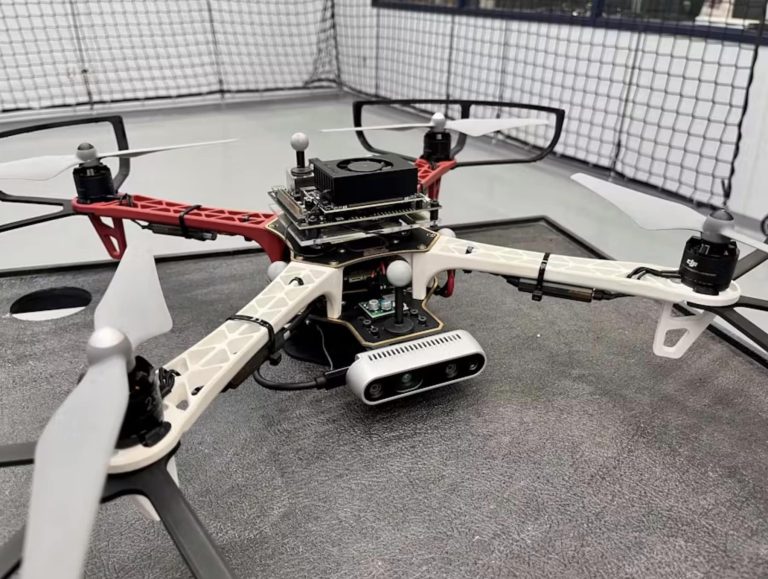

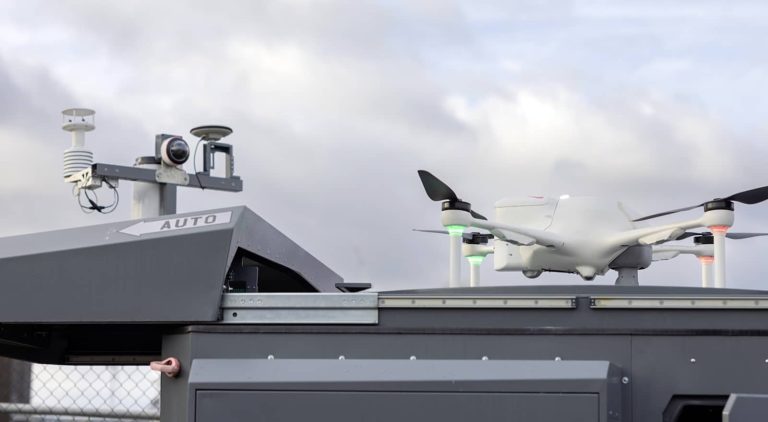
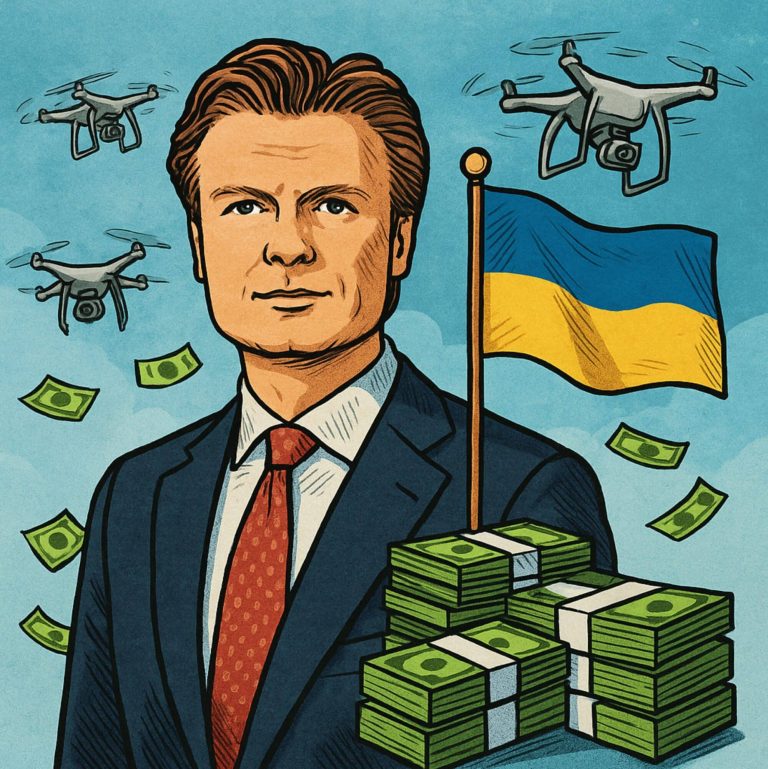
+ There are no comments
Add yours